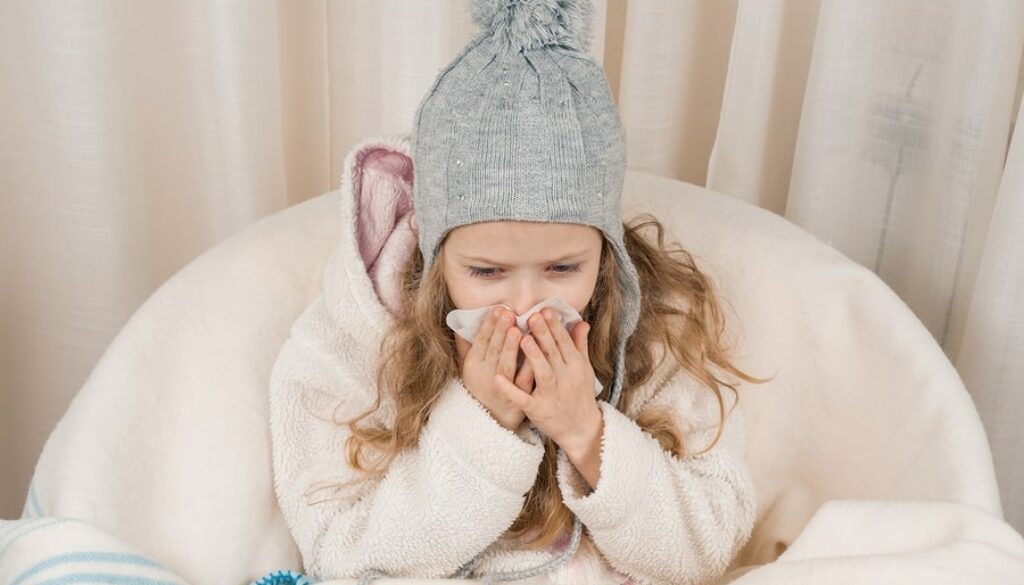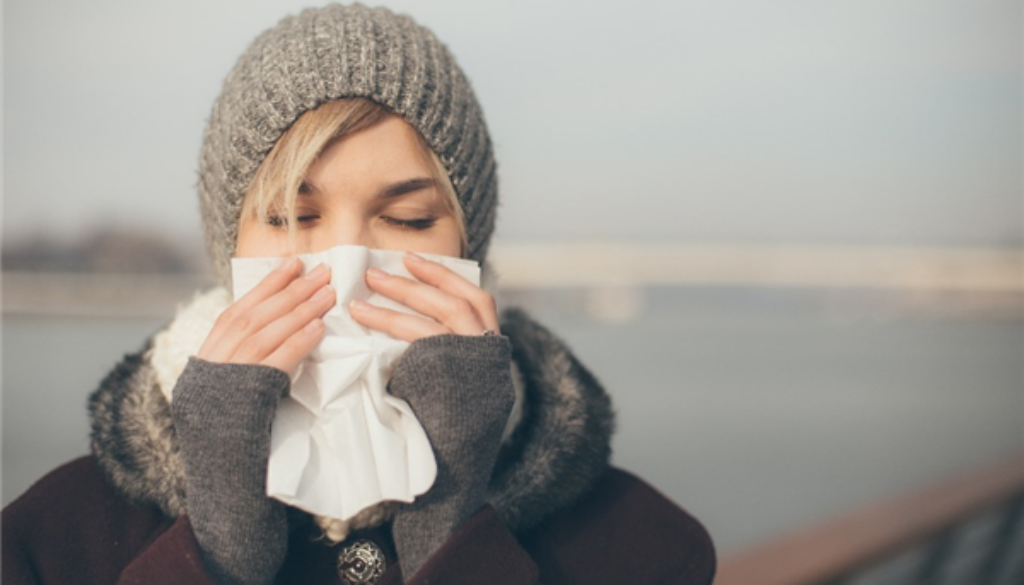Introduction
Fall and winter allergies can be caused by pollen or mold spores in the air. Pollen is made up of tiny particles of plant material called pollens. Mold spores are microscopic fungi that grow on decaying organic matter such as dead leaves, grass clippings, and animal dung. Both types of allergens cause similar symptoms: sneezing, itchy eyes, runny nose, and watery eyes.
What Causes Allergies?
The most common cause of allergic reactions is the body’s immune system misfiring. When the immune system becomes sensitized to certain allergens, it releases chemicals called histamines into the bloodstream. Histamines cause swelling in the nose, throat, eyes, and other parts of the body. This causes symptoms like sneezing, runny nose, watery eyes, itching, and congestion.
Types of Fall and Winter Allergies
Pollen Season
The fall season is known as the pollen season. During this time, trees release their pollen into the air. The most common tree pollens include oak, maple, birch, ash, elm, poplar, pine, cypress, and hazelnut.
Mold Season
During the fall and winter months, molds thrive in warm, moist conditions. They grow best in areas with high humidity, like bathrooms, basements, kitchens, and closets. Molds produce small airborne particles called mycelium. Mycelium looks like white cotton balls. It’s not harmful to humans but can irritate the respiratory system.
Overcoming Seasonal Allergies
The best way to avoid an allergic reaction is to stay away from the allergen. If you can’t avoid the allergen, then try to reduce its exposure by wearing protective clothing or using air filters. Avoid touching your face when you’re around someone who has been exposed to the allergen. And if you have asthma, be sure to take your inhalers before going outside.
If you do come in contact with an allergen, wash your hands immediately with soap and warm water. Then use an alcohol-based hand sanitizer to kill germs on your skin. You may also want to wear gloves while handling food or cleaning up after pets.
You may also try the following:
1: Get Rid Of Your Allergic Reaction With Home Remedies
Home remedies can be used to treat seasonal allergies in the comfort of your own home. There are several ways to use home remedies to overcome seasonal allergies. You can either apply them topically or orally. Here are some of the most effective home remedies for seasonal allergies.
Topical Treatments
You can also use topical treatments to get relief from seasonal allergies. Topical treatments include using an antihistamine cream on your skin, applying a cold compress, and drinking peppermint tea.
Antihistamines Creams
An antihistamine cream is one of the best home remedies for seasonal allergies because it relieves itching and sneezing caused by hay fever. It’s available at drugstores and online.
Cold Compress
A cold compress can relieve nasal congestion and reduce swelling. Simply place ice packs on your forehead and cheeks for 10 minutes three times per day. This treatment should be done before bedtime so that you don’t wake up with a stuffy nose.
2: Get Rid Of Your Seasonal Allergies With Herbal Teas
Herbal teas have been used for centuries to cure various ailments. They’re safe, inexpensive, and easy to make. Many people prefer herbal teas to conventional medicine because they offer more benefits and fewer side effects.
Here are some of the most popular herbal teas for overcoming seasonal allergies.
Echinacea Tea
Echinacea is known for its immune system boosting properties. It’s especially beneficial during the winter months when there are increased levels of pollen and other allergens in the air. Echinacea tea can boost your body’s ability to fight off infections and diseases.
Chamomile Tea
Chamomile tea is another great remedy for seasonal allergies. Chamomile tea has calming properties that can help you relax after a long day.
Lemon Balm Tea
Lemon balm tea is a simple way to combat seasonal allergies. Lemon balm tea has antiseptic properties that can help cleanse your sinuses and lungs.
Peppermint Tea
Drinking peppermint tea helps to clear sinuses and ease symptoms associated with seasonal allergies. Peppermint tea contains menthol, which has soothing properties.
3: Get Rid Of Your Symptoms With Dietary Supplements
Dietary supplements are often overlooked as a means of treating seasonal allergies. However, they can provide valuable support for your overall health. Some of the most common dietary supplements for overcoming seasonal allergies include vitamin C, zinc, magnesium, and echinacea.
Vitamin C
Vitamin C is essential for maintaining healthy skin and mucous membranes. Vitamin C deficiency can lead to dryness and irritation of the eyes, mouth, and throat. Taking vitamin C supplements can prevent this problem.
Zinc

Zinc is important for proper immune function. Zinc deficiency can cause inflammation and coughing. To avoid getting sick, take zinc supplements daily.
Magnesium
Magnesium is necessary for normal muscle contraction and nerve transmission. A lack of magnesium can result in fatigue, irritability, and insomnia. Take magnesium supplements to improve sleep quality.
4: Get Rid Of Your Allergic Rhinitis With Natural Remedies
Natural remedies are usually safer than prescription medications. In fact, many doctors recommend using natural remedies over pharmaceutical drugs. If you suffer from allergic rhinitis, here are some natural remedies that can help.
Apple Cider Vinegar
Apple cider vinegar is an excellent natural remedy for seasonal allergies. ACV can be applied directly to the nose or sprayed into the nostrils. This method will help loosen mucus and relieve congestion.
Garlic
Garlic is one of nature’s best anti-inflammatory foods. Garlic can help reduce swelling and block histamines, which trigger allergy symptoms.
5: Get Rid Of Your Cold And Flu With These Simple Tips
Cold and flu season is upon us once again. While it may seem like a nuisance at first, colds and flus can be serious if left untreated. Fortunately, there are several ways to get rid of these pesky ailments.
Get Enough Sleep
Getting enough rest is vital during cold and flu season. Sleeping too little can make you more susceptible to catching a virus. Try to get eight hours of sleep every night.
Stay Hydrated
Drinking plenty of fluids throughout the day helps keep you hydrated. Water is the best option, but other options such as herbal teas and juices can work well too.
Eat Healthy Foods
Foods high in fiber and antioxidants have been shown to boost immunity. Eating lots of fruits and vegetables can help ward off colds and flus.

